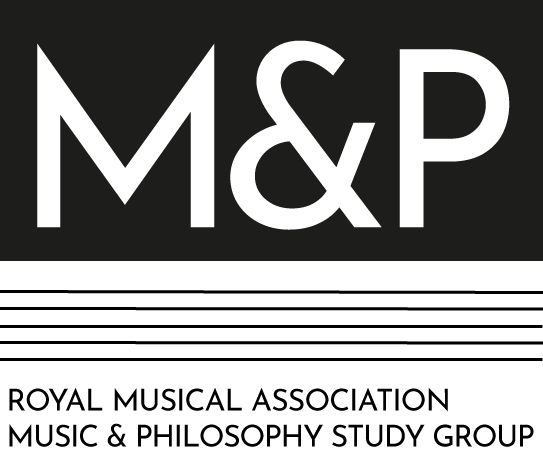
9th Conference of the Royal Musical Association Music and Philosophy Study Group
Department of Music, King’s College London; Thursday and Friday, 11–12 July 2024
Themed Sessions invite papers centered on a shared topic. These sessions run in addition to Free Paper Sessions and Associate Sessions. The MPSG committee and the session convenor invites proposals for 20-minute (in person) papers related to a Themed Session, ‘Being Contemporary’.
To propose a paper, please send a paper title and abstract of no more than 350 words to the session convenor, Dr Edward John McKeon (Ed.Mckeon3@bcu.ac.uk), by the deadline of Tuesday 31st October. The decision regarding the acceptance of proposals will be communicated in December.
Session outline
“In the aftermath of modernity, and the passing of the postmodern, how are we to know and show what it is to live in the conditions of contemporaneity?” This question – posed in 2004 by artists, art historians, curators and philosophers (Terry Smith, Okwui Enwezor, and Nancy Condee) – neatly raises three interconnecting issues that this session will address.
First, the notion of contemporaneity is situated within the problem of periodization, distinguished from the chronologically ‘new’. It indicates that historical consciousness and experience of the present are non-identical, and questions whether this is structural or particular to this moment. Is the concept of an avant-garde still viable in these conditions?
Second, these questions have been most vigorously pursued within the gallery arts. It is not that they have been neglected within musical discourse; rather, such reflections operate only in parallel with the dominant discursive sites of an exponentially expanded visual art field from which music has been rhetorically absented. To what extent, then, might contemporaneity be understood as a problematic particular to discourse and its relation to practice?
Lastly, then, must contemporaneity be a matter of ‘showing’ or making visible, as the opening question indicates, or might there be other – more musical – means to articulate the problematic that the concept names? After all, composition concerns the singular unfolding of temporal experience. What might it mean today for music to be ‘contemporary’? Alternatively, within what conditions might musical encounters offer a sense of timeliness?
Further details of the conference, including the Call for Papers for Free Sessions on any area of music and philosophy (deadline: 31st October), can be found here.



